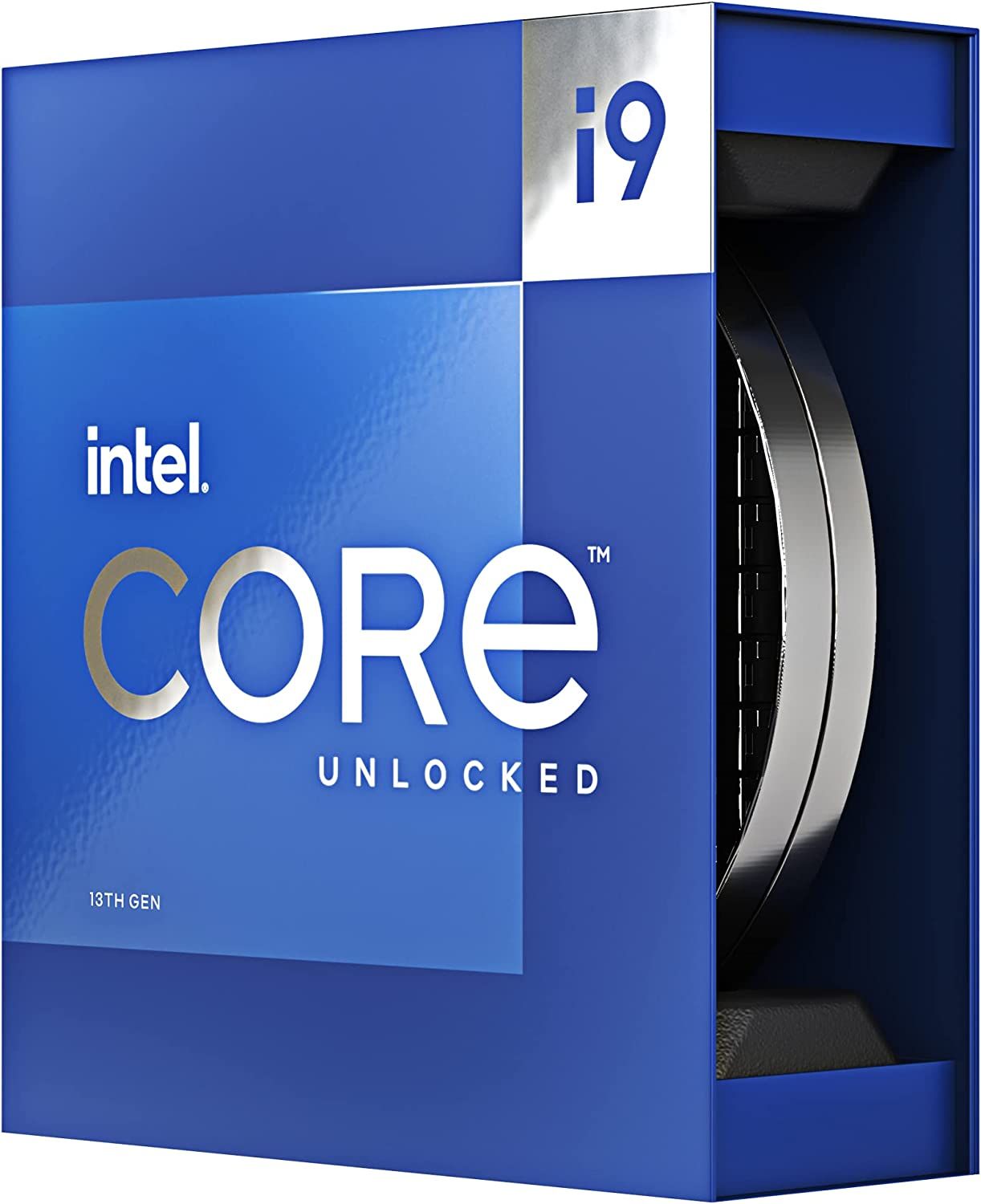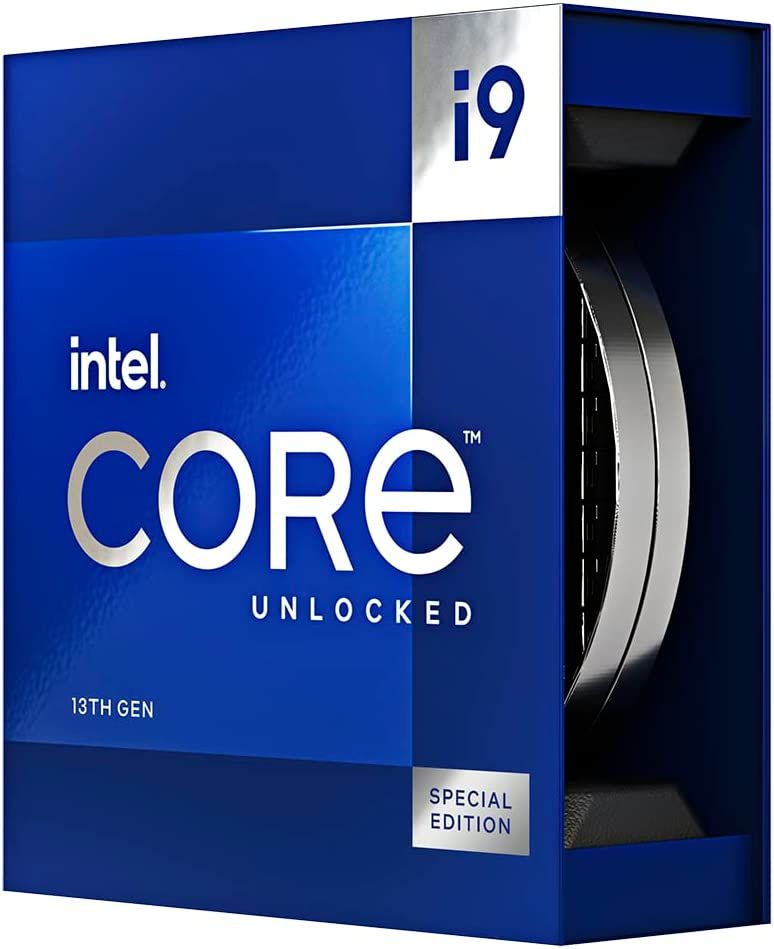
Intel Raptor Lake Refresh: Discover Exciting New Enhancements in Comparison to 13th Gen CPUs

Leaked details on Intel's Raptor Lake Refresh hint at a modest yet notable boost with an increased count of performance and efficiency cores, elevating performance and efficiency levels for the 13th Gen CPUs
Intel is currently developing its lineup of processors called Raptor Lake Refresh, set to be released in October. Rumors have begun circulating about the forthcoming 14th Gen CPUs, suggesting that there won't be any significant upgrades this time around. However, it is expected that the mid-range CPUs will provide a more substantial performance improvement compared to the mid-range options from the previous generation.
The 13th Gen Intel CPUs were launched in October last year, offering a notable performance upgrade over the 12th Gen models. According to Intel, the Raptor Lake lineup can deliver up to 11 percent faster performance in single-threaded operations and up to 49 percent faster performance in multitasking compared to the 12th Gen chips. Combining this performance boost with competitive pricing relative to AMD processors, the 13th Gen CPUs have been regarded as some of the top choices in 2023.
As for the Raptor Lake Refresh, the initial leaks about the specifications paint a rather lackluster picture. According to the RedGaming Tech YouTube channel, which cites reliable sources, the forthcoming 14th Gen CPUs will continue to use the LGA 1700 platform, just like their 13th Gen counterparts. They suggest that the high-end Core i9 14900/K/F CPUs will feature 8 performance cores (P-cores) and 16 efficiency cores (E-cores), maintaining the same core configuration as the i9 13900, i9 13900K, i9 13900F, and the i9 13900KF.
Intel Core i9-13900K CPU
The Intel Core i9-13900K is a high-performance processor with 24 cores, including 8 P-cores and 16 E-cores, and 32 threads. It includes integrated Intel UHD Graphics 770 and utilizes a hybrid architecture to optimize performance by distributing workloads efficiently. With speeds of up to 5.8 GHz and a 36 MB cache, this processor is compatible with Intel 600 series and 700 series chipset-based motherboards. It supports Turbo Boost Max Technology 3.0 and PCIe 5.0 & 4.0 interfaces for speedy data transfer. Available at Amazon for $569.97.
The Intel Core i9-13900KS, part of Intel's 13th generation, stands as the pinnacle of CPU performance. With an impressive 6 GHz benchmark, this Raptor Lake bulldozer promises mind-boggling FPS and synthetic benchmark rankings as consumers delve deeper into its capabilities.
The Intel Core i7 14700/K/F series is rumored to have an increased number of E-cores compared to the previous generation, going from 8 to 12. This means that the i7 14700/K/F may have a total of 20 cores (8 P-cores + 12 E-cores), surpassing the 16 cores and 24 thread configuration of the i7 13700/K/F series. Similarly, the i5 14600/K/F series also receives an upgrade with an additional 2 P-cores while maintaining the same number of E-cores. Additionally, the i5 14400/F series gains 4 more E-cores, resulting in a total of 6 P-cores and 8 E-cores.
The top-of-the-line Core i9 CPUs in Intel's 14th Gen lineup may not offer significant improvements, but the mid-tier options have the potential to deliver considerably better performance compared to the previous generation. There have been leaks on Twitter suggesting the existence of an i9-14900KS that can reach 6.2GHz, along with the i9-14900K that can reach 6GHz.
However, it's important to note that Intel has not made any official statements about the Raptor Lake Refresh, so these specifications should be taken with caution. Additionally, it remains unclear how these specification upgrades will actually translate into real-world performance. Currently, users who already have a Core i9 13900 series CPU may not feel the need to upgrade, but those in the mid-tier range of the 13th Gen lineup or lower could experience a significant performance boost.
Intel is expected to launch the Raptor Lake Refresh lineup of CPUs in October.








